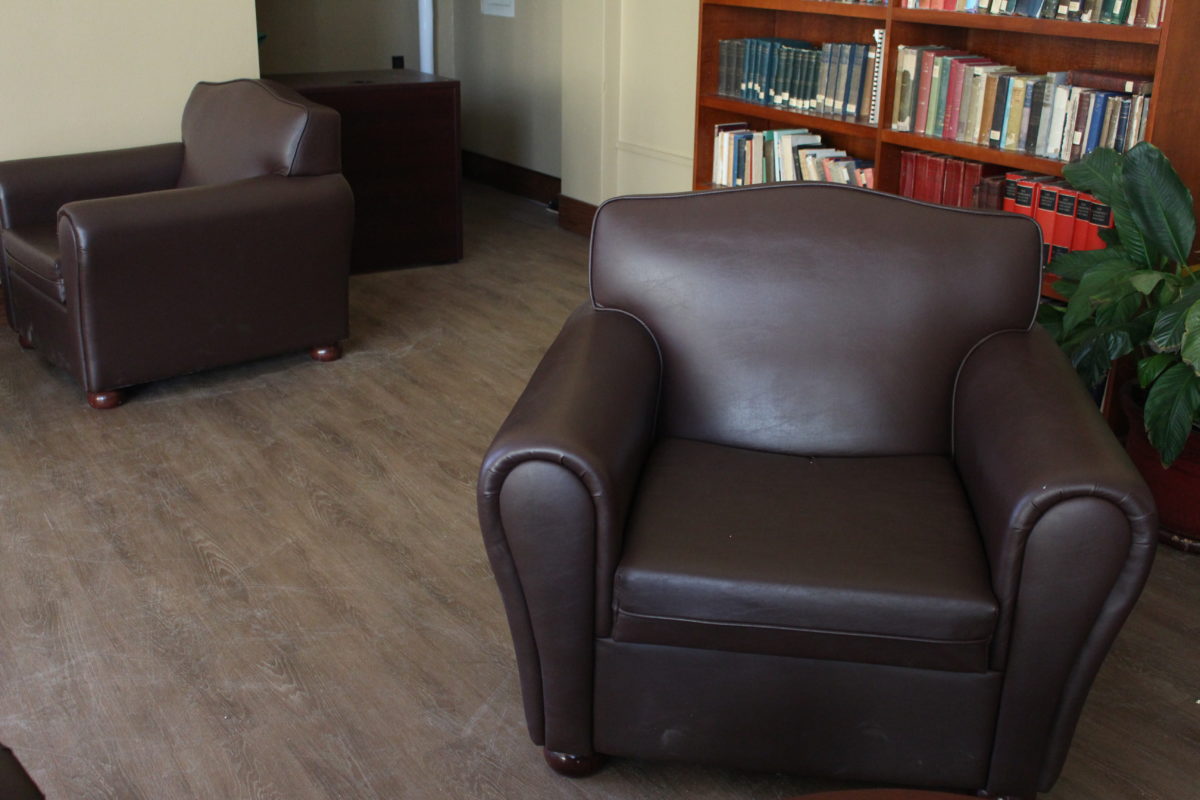For the second semester in a row, nobody ran for the Indigenous representative position on St. Thomas University’s Students’ Union.
The position was created by current STUSU president Philippe Ferland last year when he was vice-president administration. It was first open to students in the 2016-17 fall byelection.
Keyaira Gruben was elected Indigenous representative in the first byelection of the 2016-17 school year, but was removed because, “she never made it to meetings and never sent her regrets,” according to Ferland. In the 2017 spring general election, two candidates ran, but were removed because they were under the age of 19.
When nobody ran for the 2017 fall byelection, STUSU appointed a representative. This required STUSU to suspend a bylaw. Otherwise, elections would have had to have been held every two weeks until the position was filled. To appoint the representative, STUSU turned to the Indigenous Reconciliation Committee, created by Ferland in 2017. They chose the committee chair, Alexa Metallic.
“We asked members of that committee to decide on one person who sits on that committee who would best fit the position of chair, and they decided on Alexa,” said Ferland.
With the school year ending, the Indigenous representative position will soon be empty because it wasn’t filled in the recent spring election. Current Indigenous representative Alexa Metallic said at the March 22 STUSU meeting she had been reaching out to students, but so far not much interest has been expressed in the position.
The Aquinian reached out to Metallic for further comment and other students, but did not receive a response in time for publication.
Though STUSU tried to make the position known by posting on the Wabanaki Student Centre Facebook page and speaking to the committee, Ferland said there could be multiple reasons why nobody ran, such as lack of advertising.
“We need to do a better job of advertising that position for Indigenous students,” Ferland said.
The empty position could also be explained by students assuming someone else was already running.
“When I talked to a lot of people on the committee and I asked why they didn’t run they we’re like, ‘Oh, I assumed somebody else was going to do it,” said Ferland.
Kyanna Kingbird, fourth-year Indigenous student said the delegated position might work against Indigenous students rather than for them.
“It’s a delegated position in a colonial framework,” said Kingbird. “Rather than running against each other — I feel like that would sow discord amongst us. Whereas the position is representative amongst all of us.”
The position is only open to Indigenous students and having more than one student run would require students in the Indigenous community to campaign against one another and choose one to vote for.
“It’s almost an unspoken thing that when one person expresses interest in it, we all just back them,” said Kingbird.
An Indigenous representative on campus serves as a voice for Indigenous students. They make comments and concerns heard across campus.
“Usually when we do have an Indigenous representative we communicate amongst each other and what they’re really doing is passing on ideas that represent all of us, as opposed to one person delegating this to everybody,” said Kingbird.
But she believes STU offers a welcoming atmosphere for Indigenous students.
“The effort for decolonization and Indigenization on campus is really thorough,” said Kingbird.
Kingbird also believes STU has more work to do on decolonization.
“I think they need to make more of an effort on the fundamental level on what it means to decolonize as opposed to putting out dream catchers and pictures.”
There are no plans to appoint a new Indigenous representative for the 2018-19 school year, as by-elections must be held first.
Correction: This story “Indigenous rep position left empty for second election in a row” misrepresented Indigenous students on campus as not politically engaged. The story also confused the concepts of Indigenization and decolonization, as well as misrepresenting former Indigenous representative Keyaira Gruben. The Aquinian recognizes and apologizes for these errors and will work to ensure future stories on Indigenous students and issues are written with a better understanding of Indigenous perspectives.

